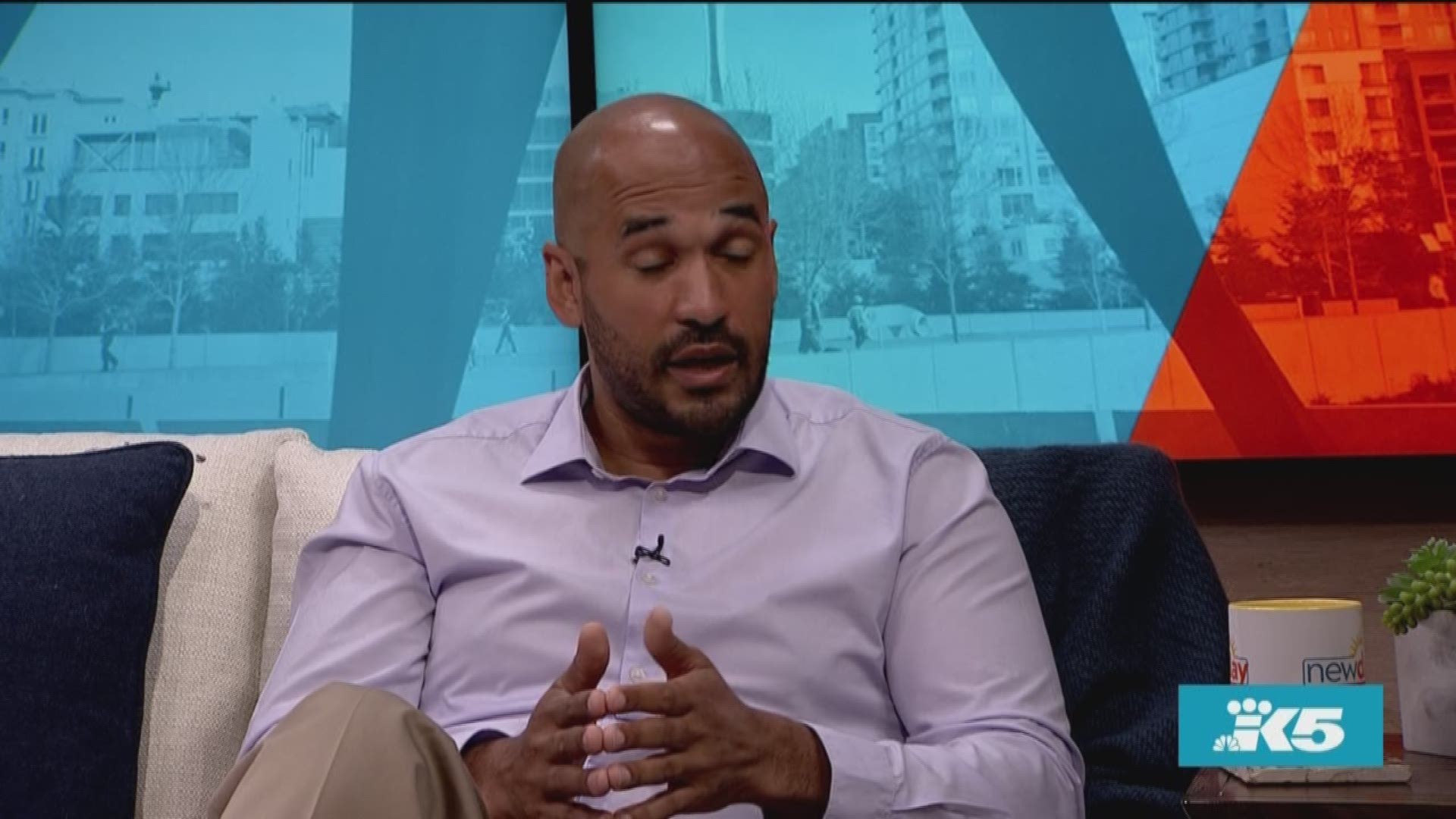SEATTLE — This segment is an encore presentation taped pre-COVID-19.
In the wake of two recent mass shootings in El Paso and Dayton within hours of each other, anxiety levels are rising in America. Anyone can be affected by traumatic events. Something as simple as someone's haircut can bring an individual experiencing PTSD back to a traumatic time in their lives.
"There is such a dynamic effect in terms of PTSD. Individuals can really ignore their relationships or really move away," said licensed Mental Health Counselor Luis Merced from La Perla Counseling, "They might notice more destructive behaviors, for example, increase drinking."
He says these behaviors are an attempt to put padding between them and the stimulus. Their logical brain is turned off and they are in survival mode,
Those with PTSD might put up an emotional shield, isolating themselves to avoid stimuli and can experience an emotional arousal, often referred to as a “peak,” that can affect their sleep and cause them to ignore and move away from their relationships
Another major issue is parents becoming increasingly worried about the safety of their kids in school.
Children going back to school may feel detached, isolate themselves, react and behave in aggressive behaviors, and shut down emotionally, just like adults. As a parent, a loved one, or a bystander, one of the best approaches is to not provide false hope because it can invalidate their feelings, “That child is really feeling an emotion that is real to them and the parent, the guardian, the role model, needs to meet the child where they are,” said Merced.
When children are expressing their fears, instead of telling them that it is unlikely for their fear to come true, try to empathize with them and understand where they are coming from. Merced recommends using words such as: “I can see that you’re upset, I can feel that you are experiencing something that is painful to you.”
These words apply to anyone who is experiencing traumatic stress and lets them know that they are being seen and heard.
Social connections are also a major factor in resiliency according to Merced, “I would love to have a social response to it where we really work as a community to understand one another.”
It all comes back to empathy and perhaps providing empathy training in communities in the future.
Watch New Day Northwest 11 AM weekdays on KING 5, and streaming live on KING5.com. Connect with New Day via Facebook, Twitter, Instagram.

